For years, the German government has pursued a policy of rapprochement with Russia, despite the country’s brutal wars in Chechnya, Georgia, Syria, and Ukraine, despite the assassinations for which the Putin's regime was responsible.
Only now are critical descriptions and analyses of this policy being published in Germany, which is the best proof of the freedom of the German media and universities. The appalling moral state of the German elites and their profound penetration by the Russians has been revealed. No wonder that after the large-scale aggression launched on 24 February 2022, German politicians needed a lot of time to react properly to it. And this is although the ruling coalition represents the “Greens” party, which has always been realistically critical of Russia and least influenced by it. After many gestures ridiculed by European public opinion, Olaf Scholz announced in January this year the so-called “Zeitenwende” – a change of era. It took quite some time, however, before the German government decided to abandon its fantasies and hopes about Russia and to begin supporting Ukraine in a more determined manner.
It should be added that this kind of proclamation of a new era, in which different rules apply, fits perfectly into German political traditions. When the Third Reich fell, “Stunde Null” - zero hour was proclaimed. And from that moment on, it was already known that one should not greet each other with the usual “Heil Hitler”, that new rules apply, and one must zealously adapt to the orders of the occupation authorities. The proclamation of “Stunde Null” did not hinder, but rather enabled the survival of many institutions and social structures and the continuation of careers by many officials and functionaries of the Third Reich. The magical turn allowed this continuity to be concealed. The same was true after the collapse of the German Democratic Republic. At that time, too, in the initial period, there was talk of an unexpected turnaround, “Wende”. Something unexpected and surprising happened for most GDR citizens. History suddenly took a different course, and one had to adapt – instead of Honecker and Krenz, there was now Kohl and the Federal Republic of Germany. Only later was it invented that this phrase, this „Wende”, was a “peaceful revolution”, even though there was hardly any opposition to speak of; the majority of East German citizens remained loyal to the regime until the end, and the revolution mainly consisted of departures and flights as communism was already crumbling in Central and Eastern Europe. Proclaiming ex post facto a “peaceful revolution” allowed the Germans to shed the stigma of conformity and the complex of lacking a revolution in its history. However, the “peaceful revolution” did not interfere with the continuation of sympathy for the “occupier”. While cheering in honour of Putin, the members of both chambers of the German parliament were not bothered by the knowledge of his KGB activity in the GDR. No one was outraged that the SPD leader and long-time prime minister of Brandenburg Matthias Platzek justified his commitment to “reconciliation” with Russia by the fact that in his youth, he was friends with Russian soldiers, even though the Red Army committed numerous cruel acts of violence against German civilians at the end of World War II, including many rapes of German women, and occupied East Germany until 1989. Nobody was bothered by the fact that Angela Merkel was fascinated by Russia and its language and admired Catherine II. The proclamation of “Zeitenwende” fulfils the same functions. Get rid of responsibility, wash your hands of it. An effective procedure because none of the active politicians paid for supporting Putin – neither Frank-Walter Steinmeier nor even Manuela Schwesing, who in a genuinely law-abiding country should be dealt with by the prosecutor’s office. Gerhard Schröder is still a member of the SPD.
However, Olaf Scholz does not pretend he was not the Vice Chancellor and Minister in governments pursuing a pro-Russian policy. Similarly, Frank-Walter Steinmeier. It was a different era, so they behaved differently. They split away the past, especially their own, with a very thick line. What they said and did in the previous era no longer matters; it was a different time. The “Zeitenwende” formula requires law-abiding citizens to accept this and not dwell on the past.
Donald Tusk chose a different method of throwing off responsibility, assuming that the best defence is to deny and attack. He bet on the negation of obvious facts and turning them on their head. He convinces his fanatical supporters that there was no “reset”, no reconciliation and agreement with Putin, and that Law and Justice, once accused of Russophobia, is a pro-Russian party.
He assumes, perhaps rightly, that his supporters will accept any accusation, however absurd. This preying on ignorance, treating his followers as manipulable masses, reveals his deep contempt for them. An indispensable element of this strategy is also the stoking of hatred, because only those blinded by hatred can believe in this counterfactual narrative.
Many European politicians, who know him only from the time of his work in Brussels, when he presented himself as a modest and courteous politician, who politely handed the jacket to Juncker and preferred quiet tones, would be incredibly surprised observing without prejudice and closely his election campaign. But Poles know that he is only repeating a strategy that already once brought him to power - when he talked about mohair berets, recommended taking away grandmothers’ IDs, etc. It was that - the so-called “anti-PiS fuel” - that allowed him to stay in power. He always reversed meanings and roles - dividing Poles, he accused his political opponents of it, sowing hatred, talking about the politics of love...
The campaign of contempt and hatred against President Lech Kaczyński led to the death of the President and 95 other people from the Polish elite. This makes his policy of reconciliation with Russia completely unique in political and moral terms – even compared to German, Italian, French, or American Democratic politicians from the circles of Obama and Hillary Clinton. No such fatalities were there of that policy.
The potential return of Donald Tusk to the office of the Prime Minister of the Republic of Poland would be like Neville Chamberlain coming back to power in the midst of World War II, claiming to be Churchill and denying that the Munich Agreement ever took place. The fact that such a comeback is even being considered at all today speaks poorly of a significant portion of Polish society.



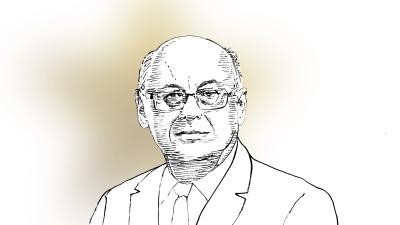

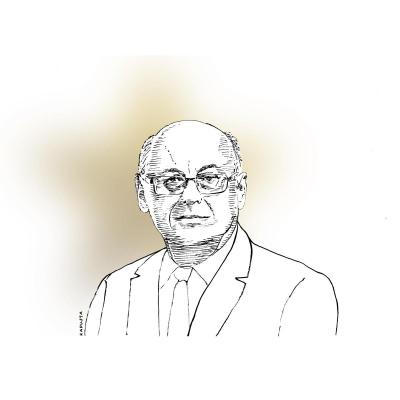
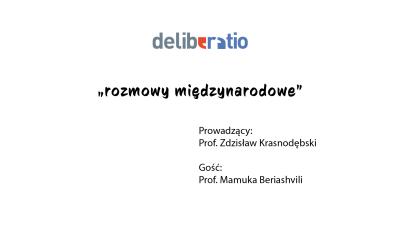

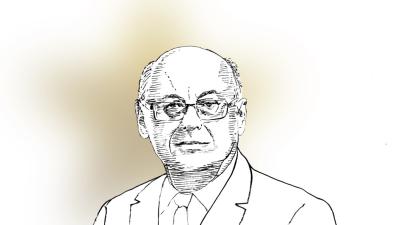

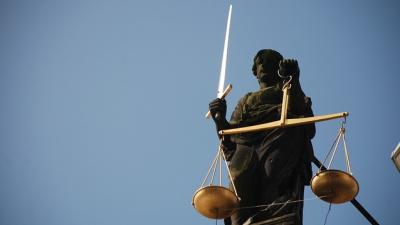

Comments (0)